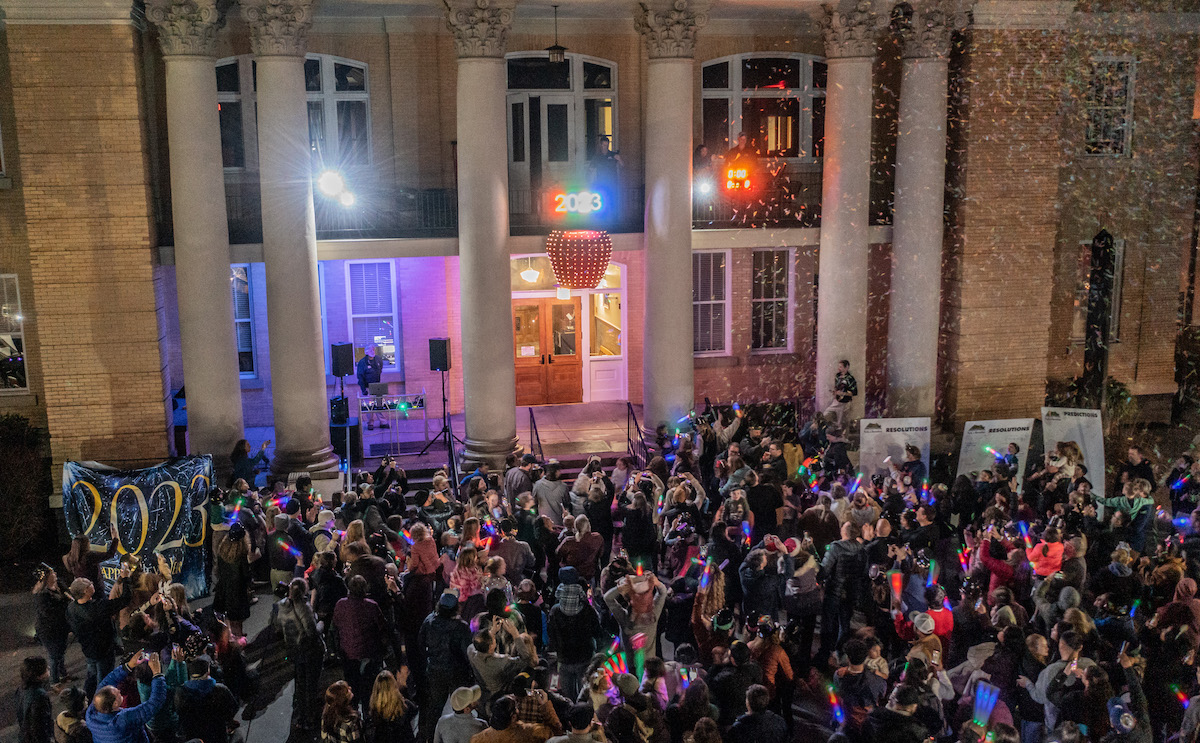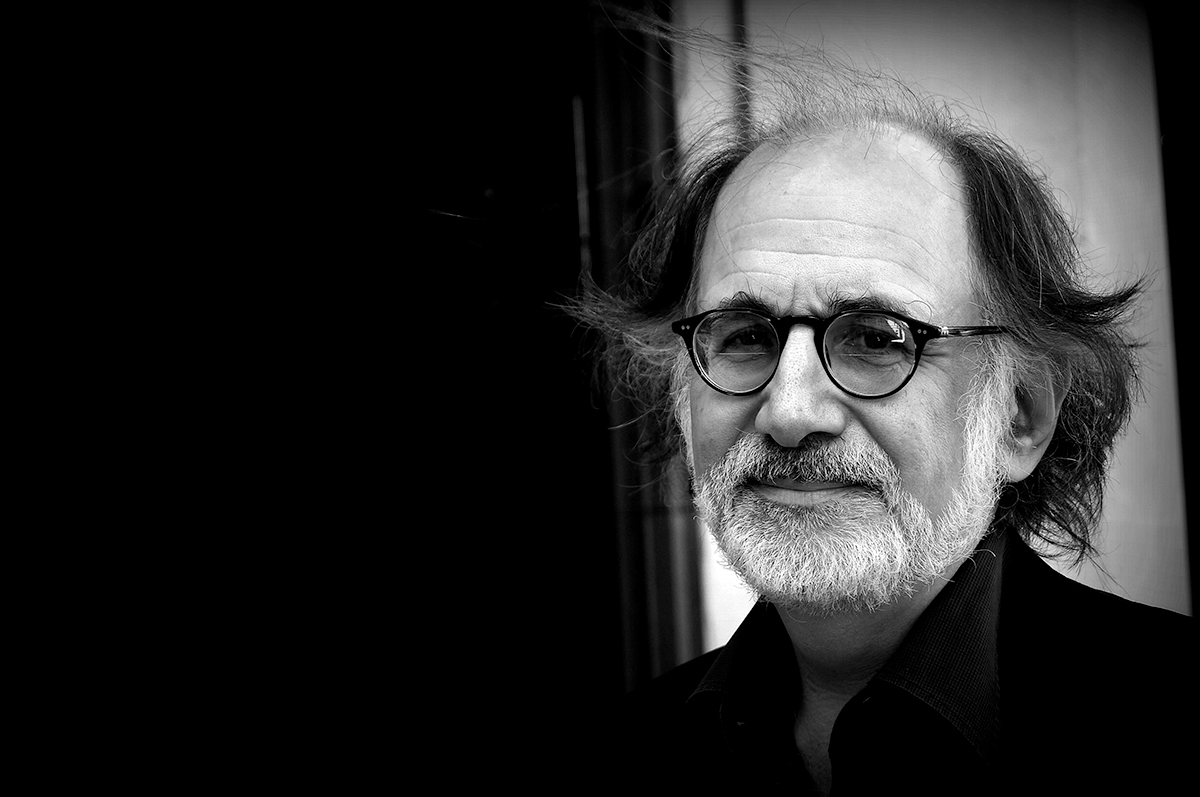Neil Armstrong character study focuses on anxious events before the landing

ust over 50 years ago, on July 20, 1969, the crew of the Apollo 11 landed on the surface of the moon, and astronaut Neil Armstrong took a couple of steps — and a historic step for mankind — on the Sea of Tranquility, broadcast live back on planet Earth to a rapt audience of millions.
In the fall of 2018, in advance of the event’s anniversary, First Man, from Academy Award-winning filmmaker Damien Chazelle, was released in U.S. theaters. Fresh off directing the critically acclaimed Whiplash and the award-winning musical La La Land, Chazelle brought a different sort of energy to the Apollo astronaut mythos. His previous films had been not-uncontroversial character studies of obsessive, ambitious young people whose singular focus often undermined both their personal lives and the very goal they aimed to achieve.
Neil Armstrong is a different sort of character — dutiful, responsible, not always the guy you notice first in the room. In Chazelle’s version, he’s also sometimes the last one in on the joke. In a world that often portrays astronauts as cowboys, grand adventurers, and cosmic philosophers, this Neil Armstrong (Ryan Gosling) is a bit of a square. He suffers though the various successes and disappointments of the U.S. space program leading up to Apollo 11, showing a lot of grim-faced resignation.
Gosling, a hugely charismatic actor, delivers the role with such restraint it borders on underplaying. Likewise, his co-star, Claire Foy (playing Armstrong’s wife, Janet) — best known for her portrayal of Queen Elizabeth II on the Netflix drama The Crown — shows considerable reserve. But it’s a reserve that sometimes shatters into heartbreak, fury, and anxiety.
In fact, anxiety seems to drive much of the film. Given the historic nature of his subject matter, Chazelle chooses to spend more time recounting the lesser-known challenges preceding Apollo 11 than the historic mission itself, including a tragic rehearsal launch in 1967 that killed all astronauts aboard, and, the next year, a fiery accident during a research exercise (Armstrong parachuted to safety only seconds ahead of the flames). This is smart filmmaking, and elicits actual shock from audience members, who may have forgotten or glossed over the mishaps between the grand moments in the Space Race. Gosling’s Armstrong faces this with plenty of stoic sadness, though at times, the shading is off, reading like a millennial’s interpretation of Mid Century repression.
First Man is beautifully shot. Chazelle implicitly understands that the endlessness of space is often at odds with the claustrophobia of getting there. There is real excitement in the moments when the story launches out of small places, quiet conversations, and moments of worry and tragedy, into the grandeur of outer space and the realization that this might actually work.
That perspective may be the true allure of astronaut films. It’s not just the heroism, the impossible feats of bravery — but that moment of seeing the earth, with all its myriad glories, challenges, and heartbreaks, and realizing what a small piece of the universe it actually is.
The Transylvania County Library (212 South Gaston St., Brevard) will screen First Man — part of its Second Look Film Series — on Thursday, Nov. 14, 12-2:30pm. Free. For more information, call 828-884-3151 or see library.transylvaniacounty.org.



